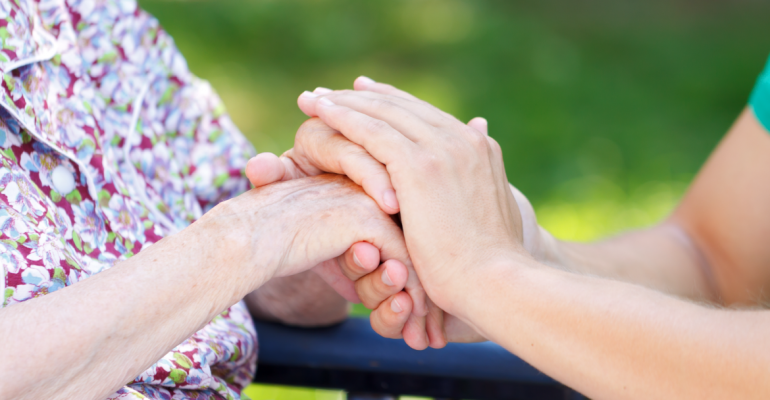More times than not, an elderly person will initially be resistant to help. Why?, you might wonder.
The simple answer is that it’s hard to admit there is a problem. For many, accepting help amounts to acknowledging a decline in health and/or cognitive function. It also symbolizes a loss of independence. These changes are a fact of life, but adjusting to the “new normal” is tough and can take time.
The Mayo clinic published an excellent article on March 04, 2017: “Caring for the elderly can be challenging – particularly if a loved one doesn’t want help.” The article offers excellent advice on how to approach a loved one in this situation. Several key insights with some additional thoughts are below.
It all starts with communication. If you are going to initiate the conversation, take the time to make an honest assessment of the “new normal”. Identify what help is needed and what services might fill these needs before you sit down.
Select a place where both of you will feel relaxed. Make sure you will have plenty of time without distractions or other commitments. Begin the conversation by asking questions. Ask your loved one about stress points and problems with daily living. Gather his or her ideas about services that could alleviate these stresses . It is likely you and your loved one will have some common ideas. If your loved one is resistant to the idea of home support, suggest they give it a try for a couple of weeks or months.
Make sure to discuss the cost associated with home support. You may find your loved one assumes the cost is higher than it is or hasn’t considered budgeting for such a service. Simply planning can help allay concerns.
Most importantly, don’t expect too much. If the conversation was not as productive as you hoped, if you could not get a commitment to try home support, it’s okay. Don’t give up. Each conversation helps.
It will often take numerous conversations. If you can, enlist the help of other family members. Your loved one is more likely to seriously consider home support if encouraged by all of his or her family members.
Original Article: http://www.mayoclinic.org/healthy-lifestyle/caregivers/in-depth/caring-for-the-elderly/art-20048403



